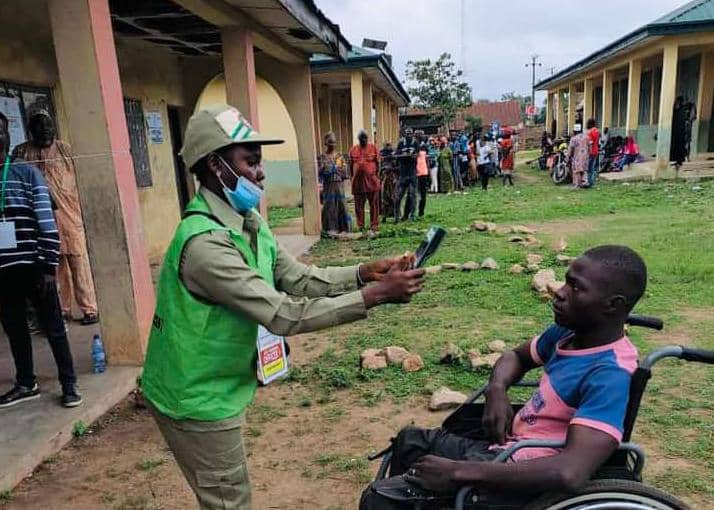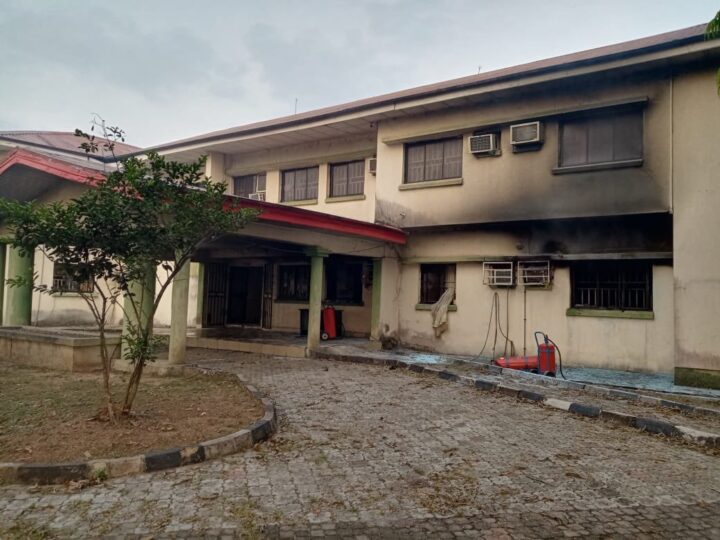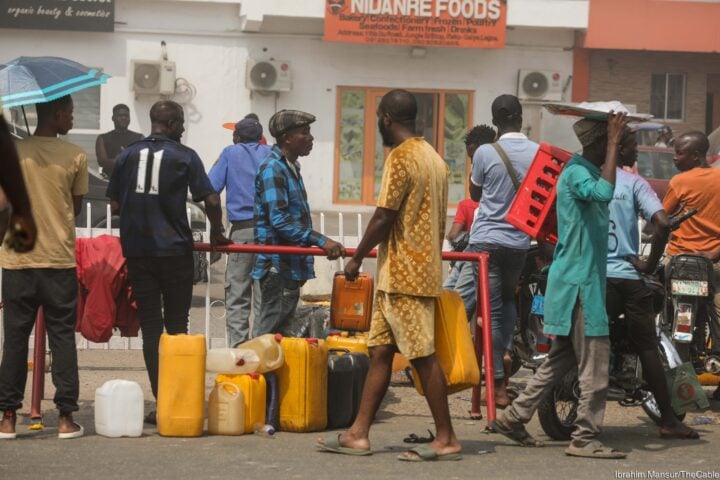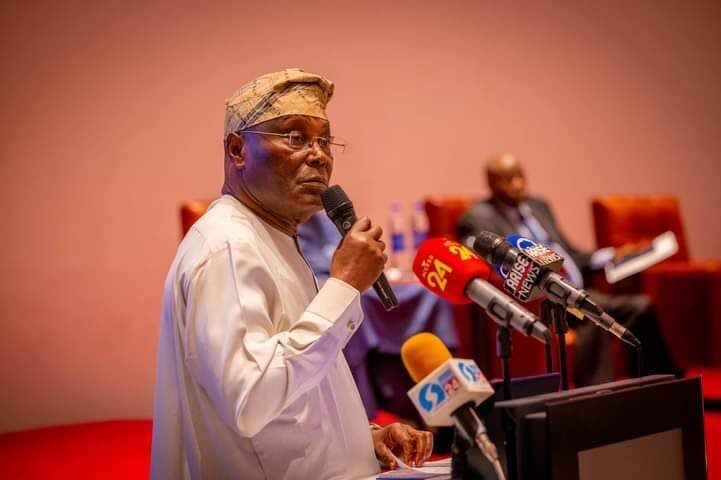Agora policy, an Abuja-based think tank, says Nigeria needs to be more deliberate about ensuring inclusion if sustainable development is desired.
The think tank, founded by Waziri Adio, former executive secretary of the Nigeria Extractive Industries Transparency Initiative (NEITI), gave recommendations in its report on inclusive governance released on Monday.
The report, titled ‘How to Deepen Gender, Social and Political Inclusion in Nigeria’, is produced with the support of the MacArthur Foundation.
While speaking on ways to deepen the inclusion of women, youths, persons with disabilities (PWDs), and minorities in governance, the report states that exclusion of any segment of society will negatively impact development in Nigeria.
Advertisement
“More than 60 years after independence, Nigeria still struggles with building an inclusive society. Cries of political marginalisation, which predated independence, have yet to abate. The socio-economic disparity in gender relations remains wide,” an executive summary of the report reads.
“The low level of inclusion is evident in the unequal power relations and exclusionary processes which have left limited spaces for marginalized groups to participate in the social, political and economic life of the nation.
“Today’s numerous challenges of terrorism, banditry, rising debt burden, hyperinflation and other social ills may have somewhat eclipsed discourse on inclusion, but the push to make it a mainstream issue, in the run-up to the 2023 general elections, is no less strident or necessary.
Advertisement
“Low level of inclusion incapacitates not just the excluded groups but the country itself. Nigeria thus undermines itself by limiting the potentials of significant segments of its population: women, youths, people living with disabilities, ethnic and religious minorities, etc.
“Deepening inclusion in Nigeria is therefore not a favour to the excluded groups but a sensible route to the overall national development. Continuing to leave substantial segments of the population behind amounts to Nigeria shooting itself in the foot or punching grossly below its weight. It is thus in Nigeria’s enlightened self-interest to be a more inclusive society.”
Recommendations by Agora Policy include:
RESERVED QUOTAS FOR WOMEN, YOUTHS, PWDS, MINORITY GROUPS
Advertisement
The report recommends that the executive, legislature, and even political parties, take more deliberate steps to ensure fair representation, inclusive of women, youths, PWDs and minorities.
CONSTITUTIONAL BACKING FOR ROTATIONAL PRESIDENCY
“The idea of rotational presidency as an antidote to feelings of exclusion has always generated divergent views. Proponents often tend to cite as a good practice the Swiss model of “collective presidency” where leadership rotates periodically,” the report reads.
“However, given the multiplicity of ethnic groups in the country, a system that rotates the position of president among the geopolitical zones would be more manageable. This rotational presidency should be written into the constitution and not left to the prerogative of political parties or actors.
Advertisement
“Similar to rotational presidency is a proposal by some stakeholders on the need to have six vice presidents drawn from each of the geo-political zones of the country at any given time. Proposals in this section are options for further consultations. The democratic experiment requires the testing of models as Nigeria’s democracy evolves.”
MORE POWER DEVOLUTION TO SUBNATIONAL UNITS
Advertisement
While observing that “there is too much concentration of powers at the centre”, Agora Policy recommends constitutional amendment for sub-national units such as states and local governments to have more powers, but there should be critical oversight to hold public officials accountable.
CONSTITUTIONAL BACKING FOR RESIDENCY RIGHTS
Advertisement
The report makes recommendations for an amendment of the constitution “to clearly define the concept of indigeneity and to pass into law a Residency Bill of Rights that prohibits and criminalises discrimination against residents that have fulfilled minimum conditions (e.g. a specified number of years of residency; payment of taxes in the place of residence, etc)”.
Agora Policy also recommends that the national assembly “amends sections 31 and 318(1) to allow women claim their husbands’ state of origin after marriage”.
Advertisement
STRICT ENFORCEMENT OF FEDERAL CHARACTER ACT AND OTHER LAWS
“Inclusion would be fostered if there is sufficient fidelity to the letters and spirit of the federal character principle as contained in Section 14 of the 1999 Constitution, and designed to ensure fair representation of all Nigerians in appointive positions,” the report reads.
“This entails reflecting the nation’s geo-political diversities in appointments and other instances. This recommendation is anchored on the firm belief that every geo-political region has qualified persons to fill available positions. Such fair and equitable representation should, however, be primarily merit-based.”
The report further recommends making inclusive governance a part of school curricula, as well as promotion of efforts geared towards mentoring of youths for active participation in politics, sensitisation through the media and National Orientation Agency (NOA), and creating safe spaces to promote inclusion.
Speaking on the report, Adio said the need promote inclusivity is very significant as part of efforts to address issues causing conflict in present-day Nigeria.
“There is no better time than this critical electioneering and transition period to discuss the need to make Nigeria a more inclusive society,” he said.
“Most of the issues causing friction in the country today are rooted in the exclusion of substantial part of the population. This is also a major subtext of the 2023 general election.
“It is therefore important to use the period before, during and after the elections to discuss and exact commitments on how improve the participation, representation and agency of a significant number of Nigerians who have been alienated, locked out or left behind.”
Add a comment






